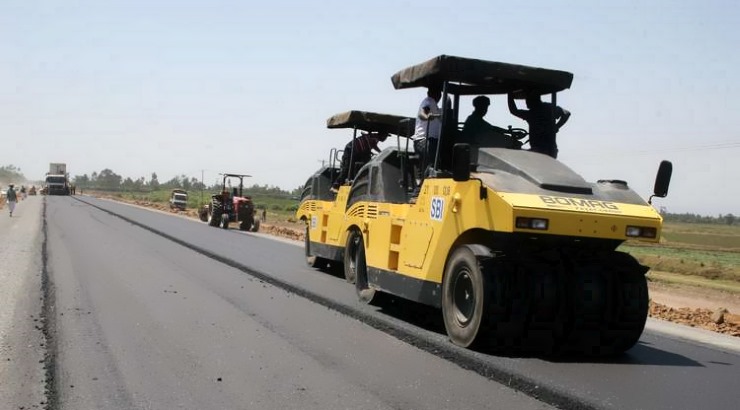Project News
High Land Prices Threaten to Stall Major Road Projects
The cost of buying land is almost equal to the cost of building roads.

High land prices in Kenya could undermine the development of roads and other key infrastructure, a senior government official has said.
Infrastructure PS John Mosonik said on Friday that the cost of buying land was almost equal to the cost of building roads especially in Nairobi and Mombasa.
Eng. Mosonik cited the Mogongo Road, Airport Access Road, and Port Reitz Road in Changamwe, Mombasa, as among the projects grappling with high land acquisition costs.
He said the government would spend Sh2.1 billion to acquire land for the roads measuring 6.4 kilometres, and whose construction cost is Sh3 billion.
“National Land Commission report indicates that land compensation will require about Sh2.1 billion,” said the PS, who added that the government would spend a further Sh200 million to relocate residents.
The project, which is being undertaken by China Wu Yi, will be completed in 15 months and is expected to ease the removal of containers from the port of Mombasa while easing the flow of traffic to and from the Moi International Airport.
RELATED: Eastern Bypass: Africa’s Most Expensive Urban Road
Land prices in Kenya have been rising at incredible rates over the past decade – a situation that has been attributed to the government’s massive infrastructure development initiatives.
This has attracted a high number of speculators who acquire and hoard land with the hope of selling it later at a high profit thereby fuelling a price bubble.
The high cost of land means that developing is now less feasible for those who do not have an existing land bank.
Lordship Africa, a property developer, in April, cited a case where quotations for a three-acre piece of land in Nanyuki rose three-fold in just three weeks, underlining the abnormal pace at which land values are rising.
The land in question was priced at Sh70 million when Lordship first showed interest, but doubled to Sh140 million in the second week and further to Sh200 million by the third week, chairman Jonathan Jackson said.
Speculators are increasingly finding ways to dupe investors into buying overpriced land under the pretext that large-scale projects, such as malls and major roads, are going to be undertaken near the land they own.














